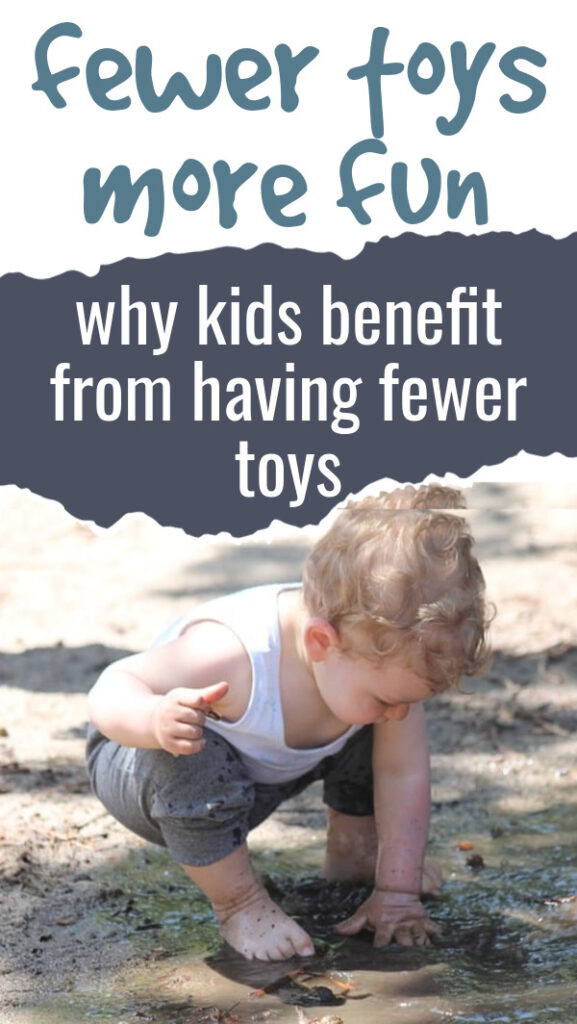January is when I look to the future, reflecting on the positive changes I'd like to make in my parenting. Here are my top 6 parenting resolutions for this new year.
Development
API Links
|
|
Comparing seems to be part of human nature. We compare ourselves to others. We compare our children to each other and to other children. |
|
"Anyone who’s cared for a young child will recognise the signs. |
“It is appalling that most children in Latin America and the Caribbean are exposed to violence almost from birth and, often, by the people they most... read more |
|
"Parent education provides caregivers with knowledge, resources, skill-building practices, and it helps parents and caregivers learn tools and strategies to... read more |
|
|
|
first No Hit Zone Conference WHEN: March 2-3, 2022 WHERE: University of Texas at Austin, Texas No Hit Zones are quickly emerging as an effective, low-cost, and easy-to-implement strategy for the prevention of child abuse. |
|
|
"Sometimes, this NYT article points out, extroverts and introverts may find themselves in the same family. |
Pages
Journal Studies
Post-deployment programs that address parenting would be helpful, especially for families with children from birth through age 5, as this age group is particularly vulnerable to changes in attachment patterns. |
While it is well known that traumatic or extended separations negatively impact child development, even week-long separations that occur within the first two years of life have lasting consequences on child behavior. |
In solitary sleep arrangements, mothers were more involved in nighttime parenting than fathers, and breastfeeding was related to less father involvement. More father involvement early on predicted fewer night-wakings by 6 months. |
Child sleep problems are based more on culturally-influenced parental perceptions than actual biological reasons, and nighttime sleep issues tended to be perceived more problematic than daytime naps. |
More research is needed to identify normal sleep patterns in breastfed versus bottle-fed infants, in toddlers, on weekdays versus weekends, and as related to gender and ethnic differences. What is known is that children sleep longer at night and experience fewer night-wakings and daytime naps as they develop. |
More research is needed to identify what is normal when it comes to child sleep. Some of what is known is that children need longer nighttime sleep until about 9 years old. By school age, most children sleep through the night, but children up to 3 1/2 years old continue to wake at least once. Low birth-weight and pre-term infants sleep more. Infants of younger mother sleep more. All infants sleep longer at night, wake multiple times at night, and sleep longer daytime naps than young children who mostly stop taking naps by 5 years old. Girls sleep longer than boys. Children with siblings sleep less. |
Touch is needed for social-emotional and physical development and well-being. In addition, there are therapeutic benefits of massage. |
While maternal touch predicts mother-infant reciprocity, which is linked to positive child cognitive, language, and social-emotional development, the incidence of all forms of nurturing touch decrease through the infant’s first year, especially after six months. |
While more research is needed, the benefits of responsive feeding on child nutrition and growth are expected to be as great as responsive parenting is to child outcome. |
Research on responsive feeding is promising, but more research is needed to define child outcomes. |







